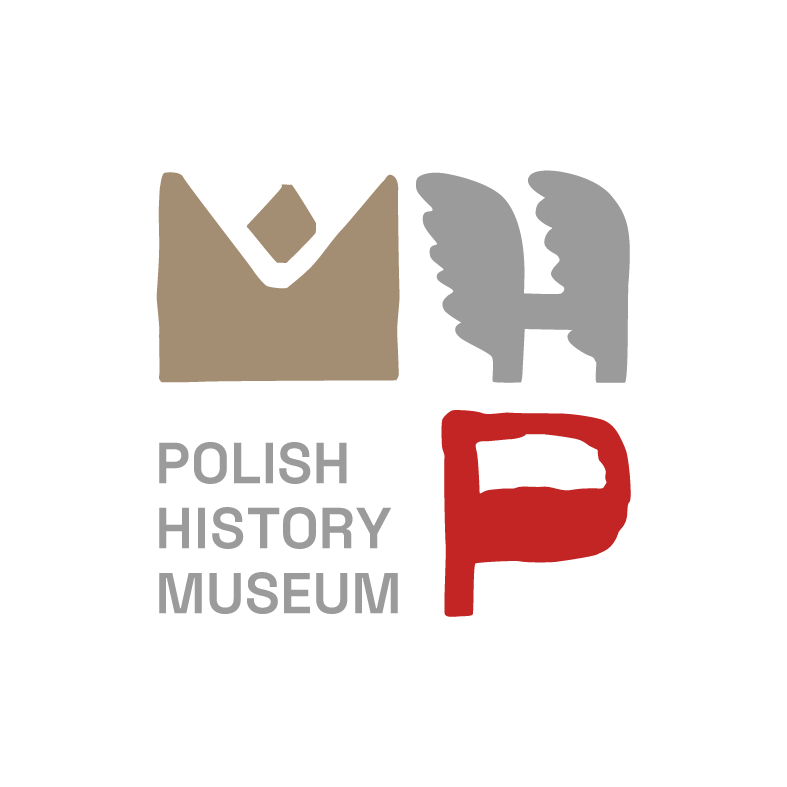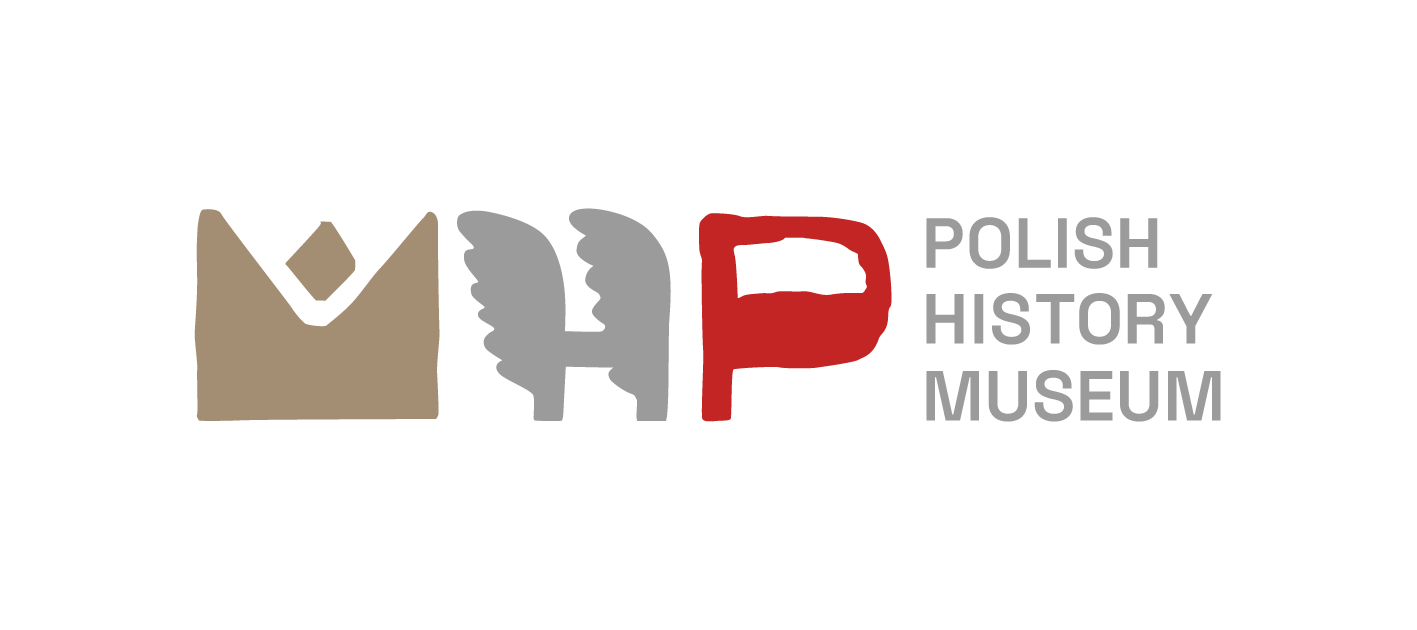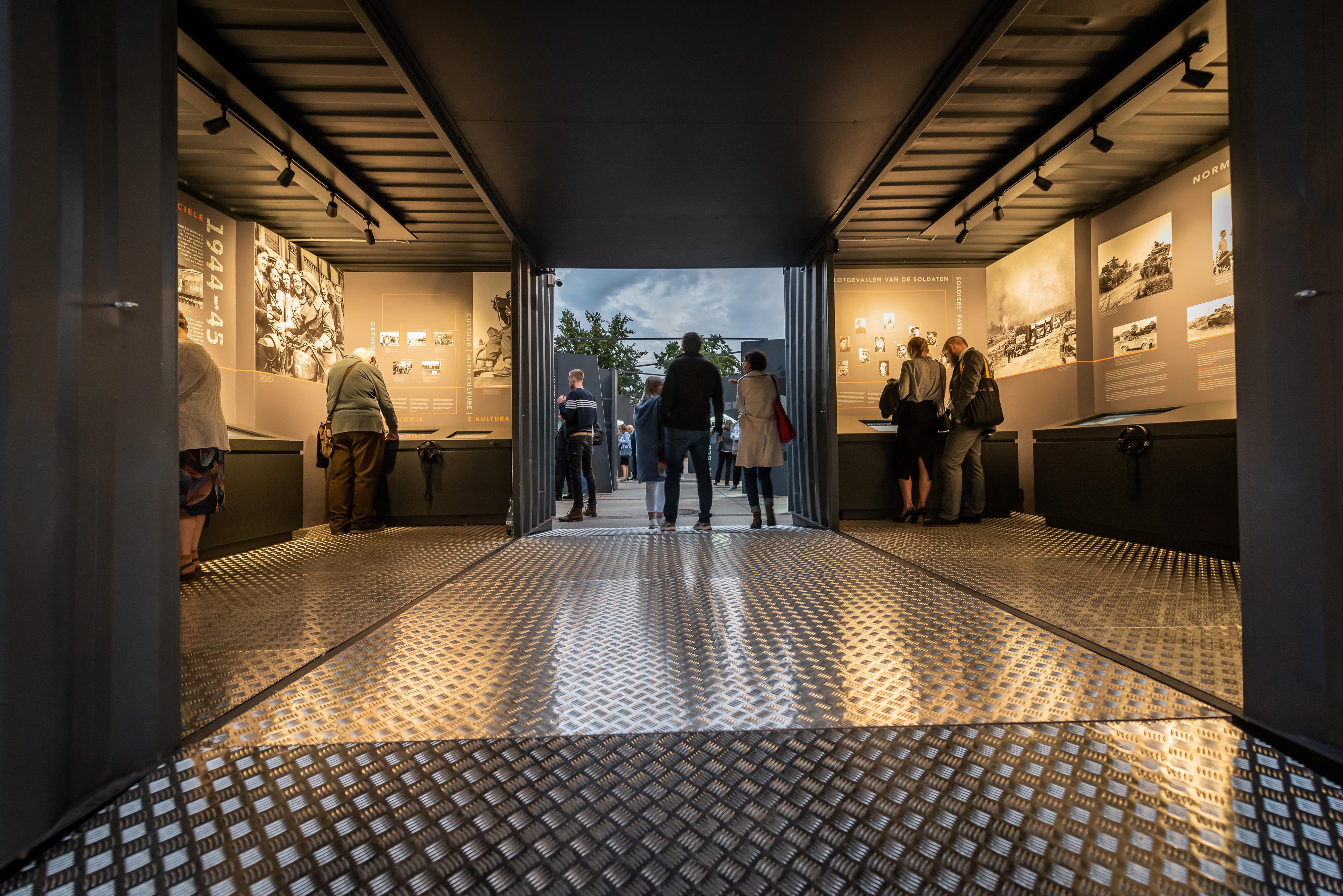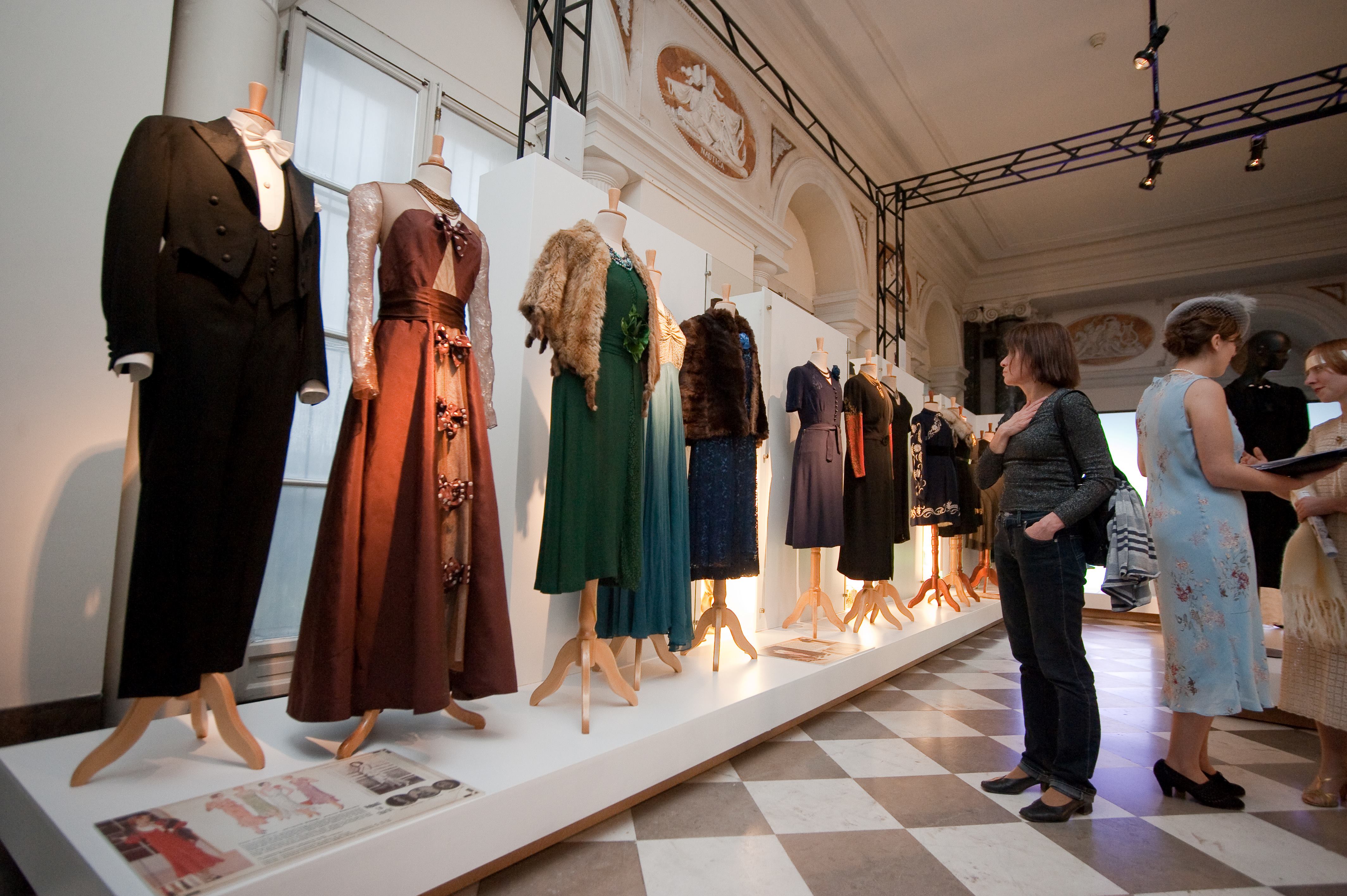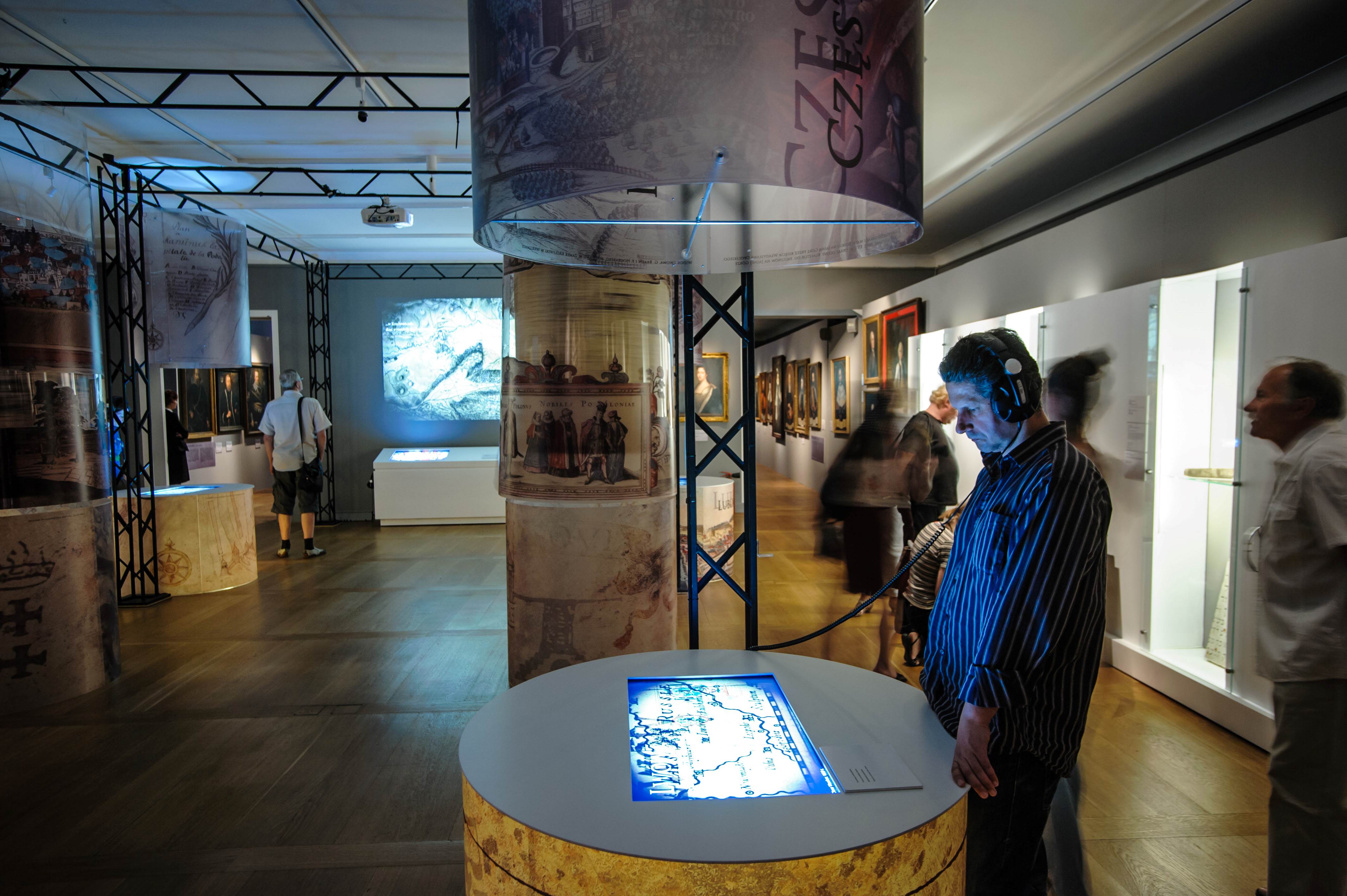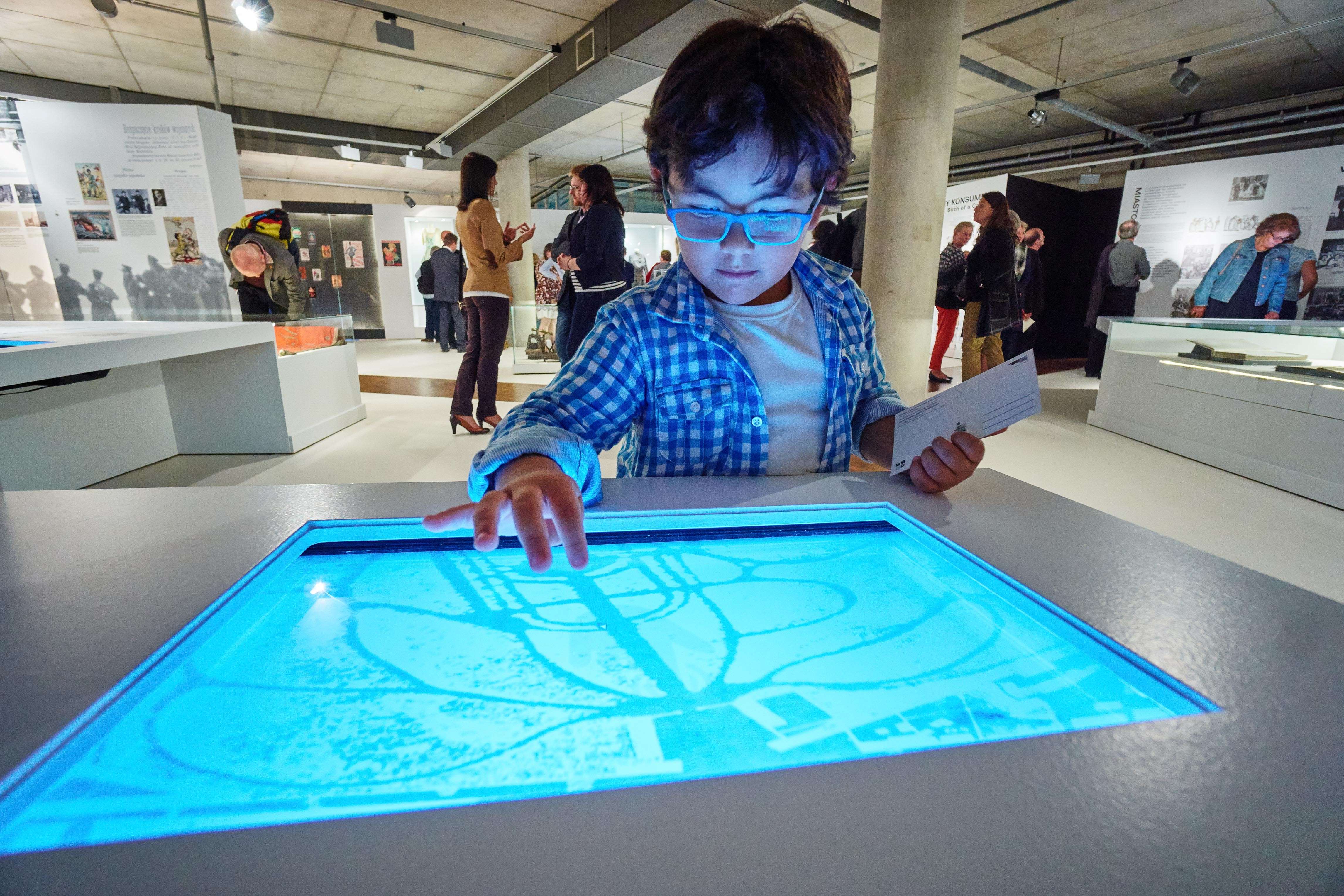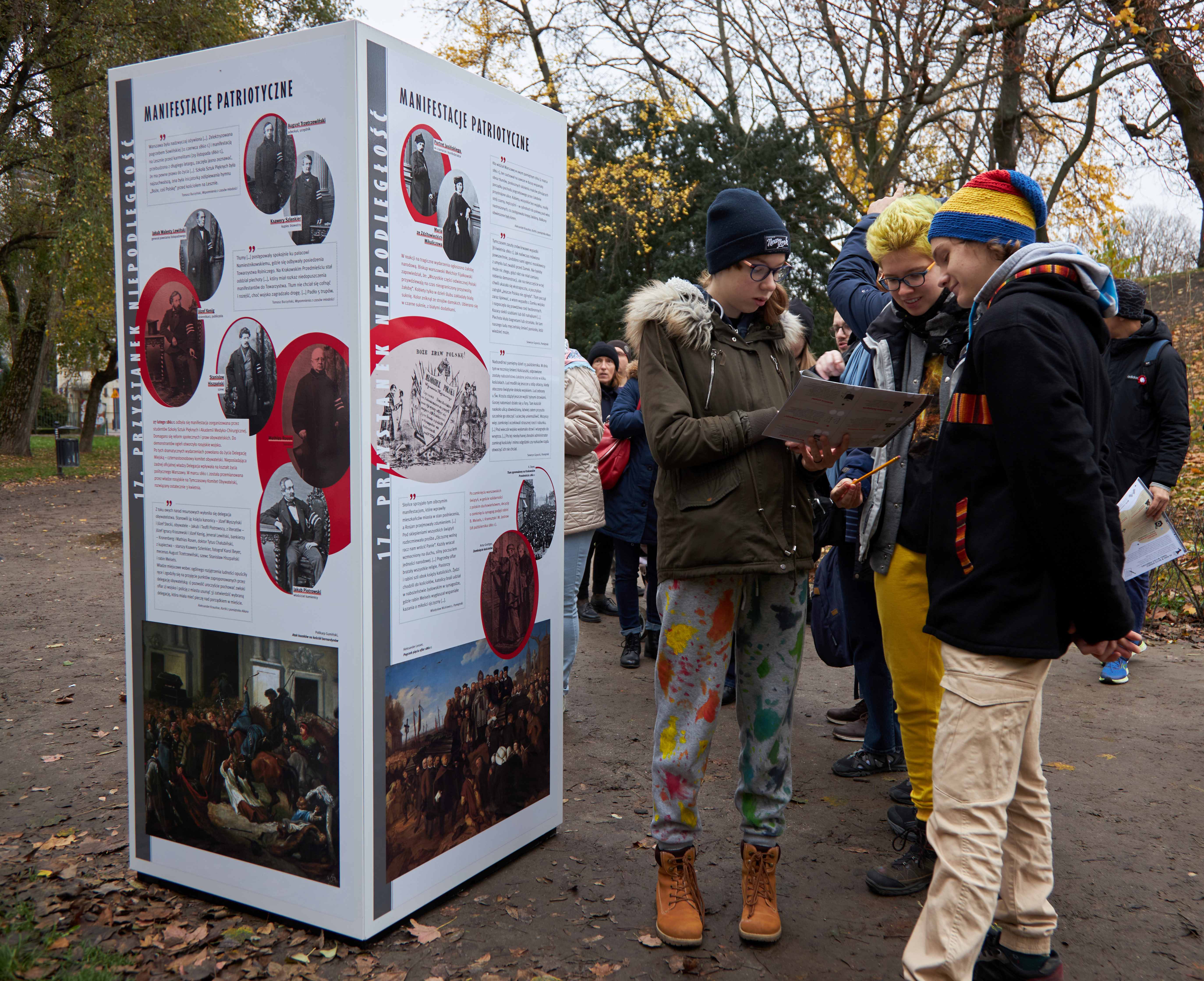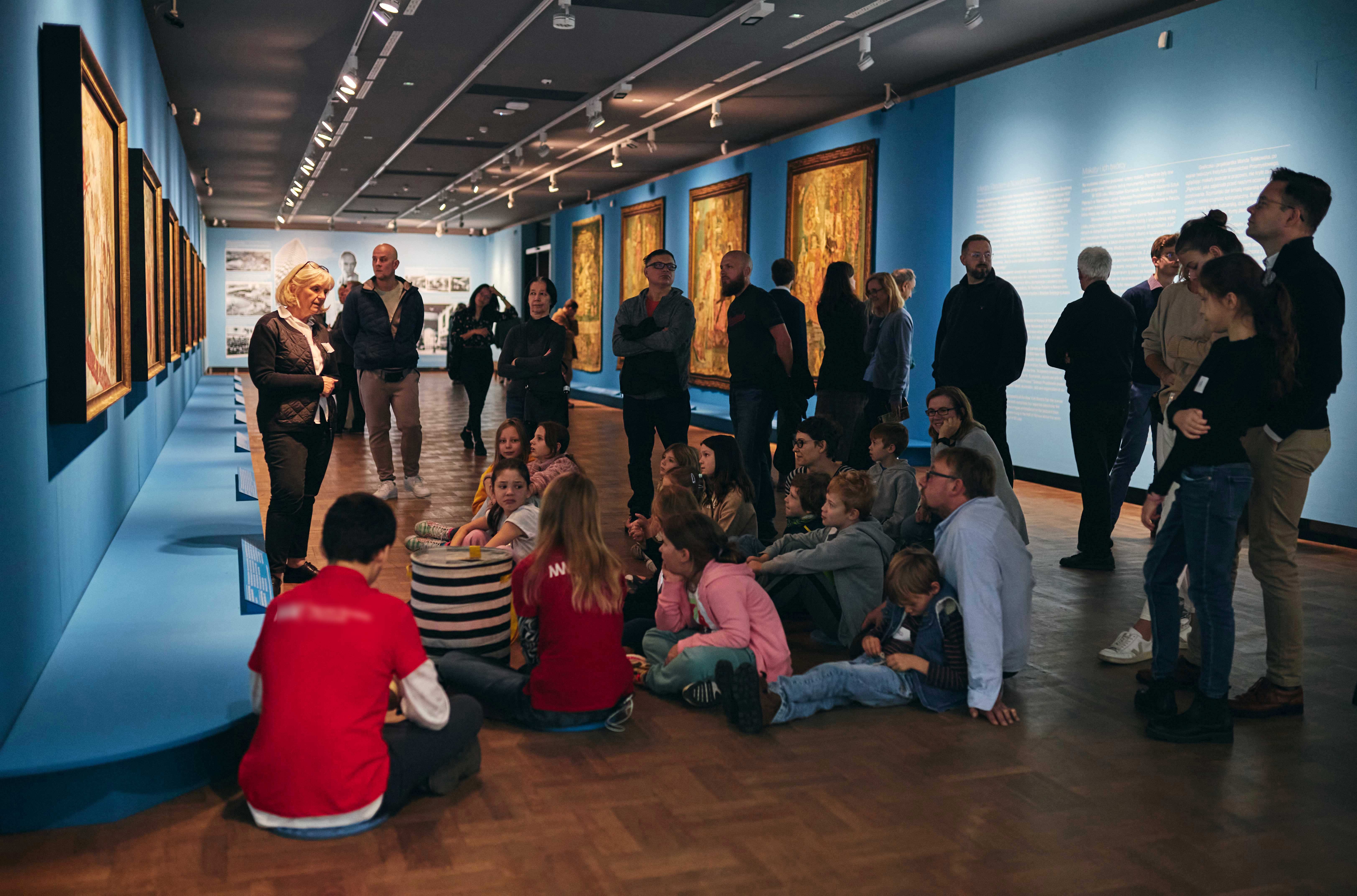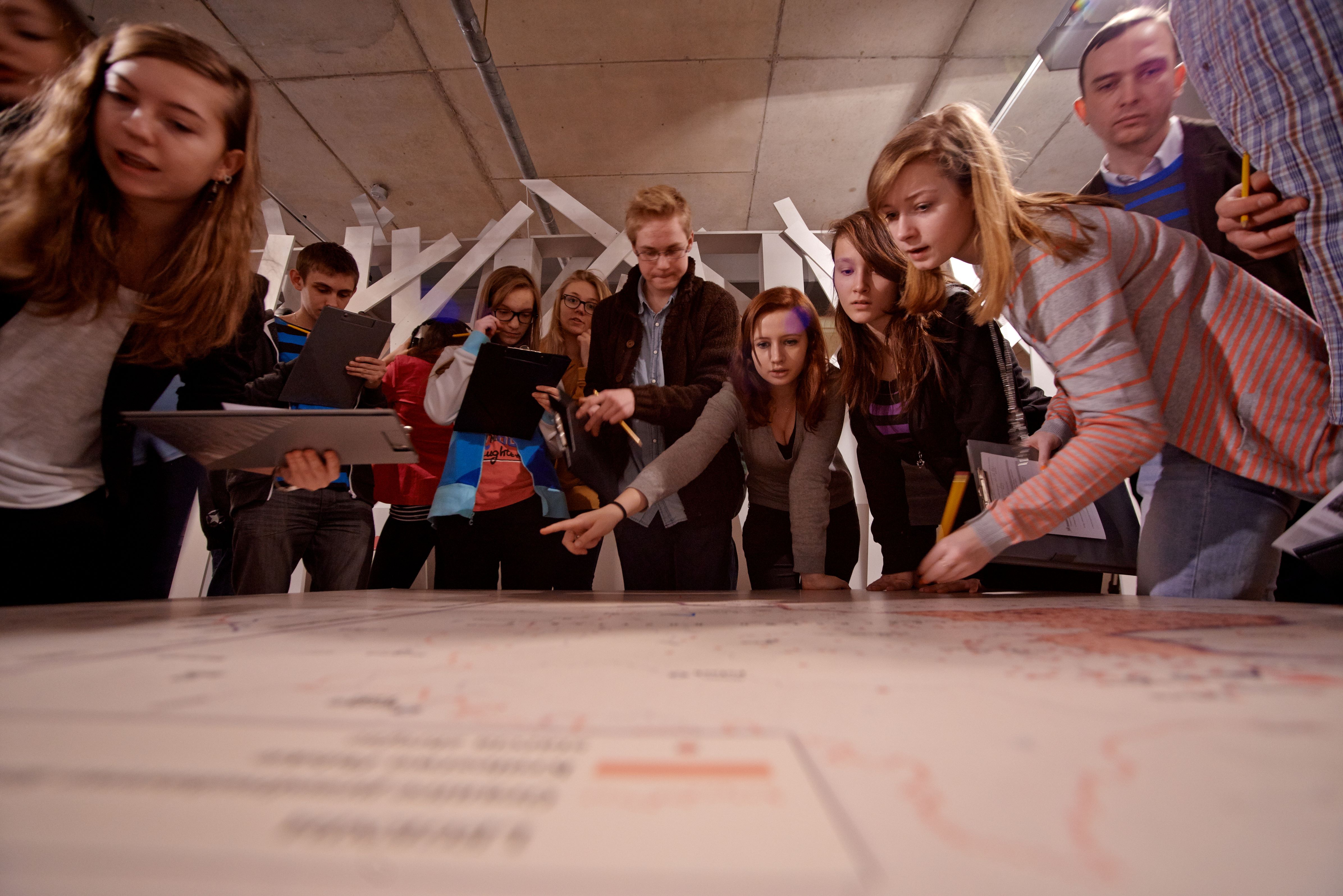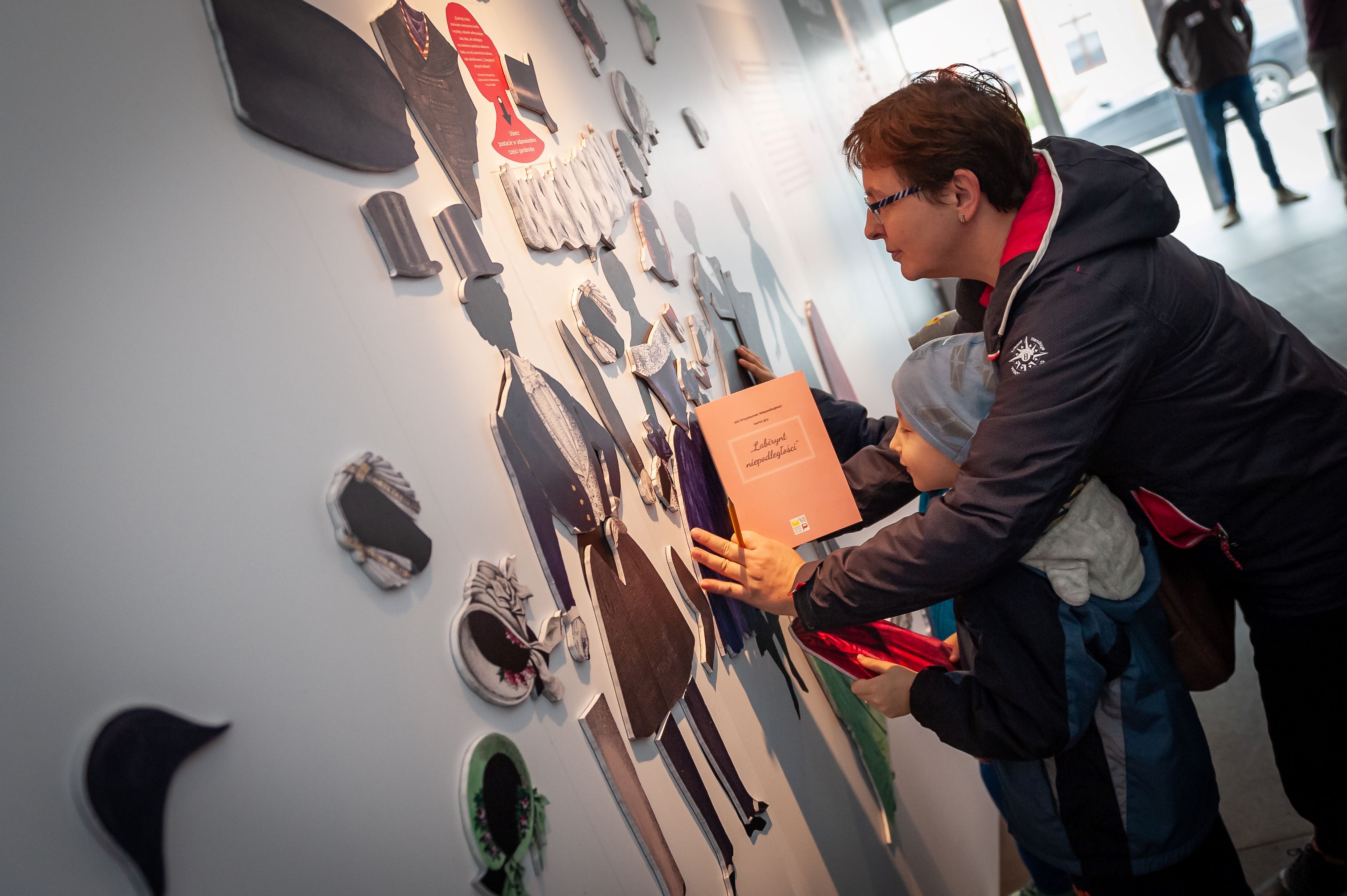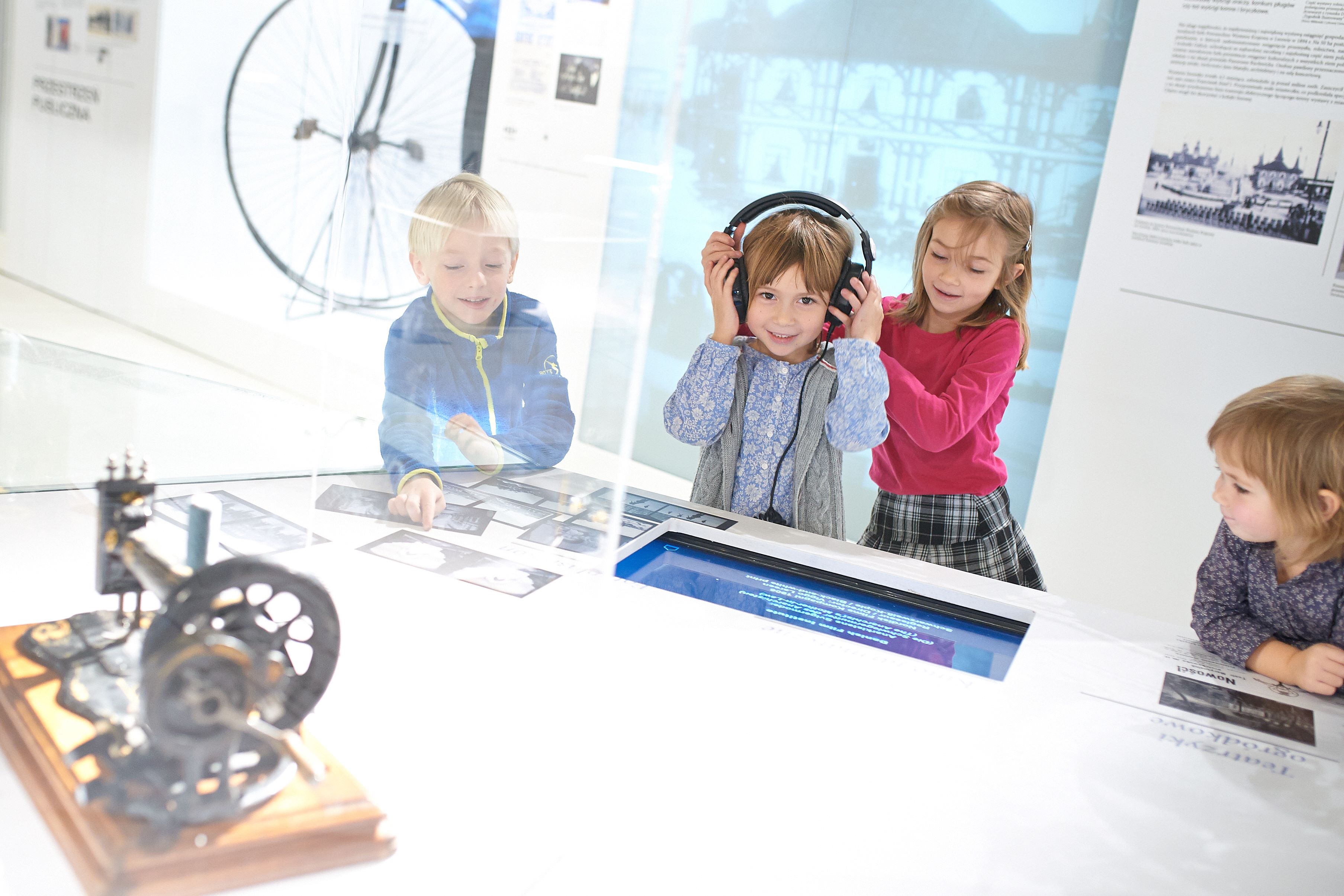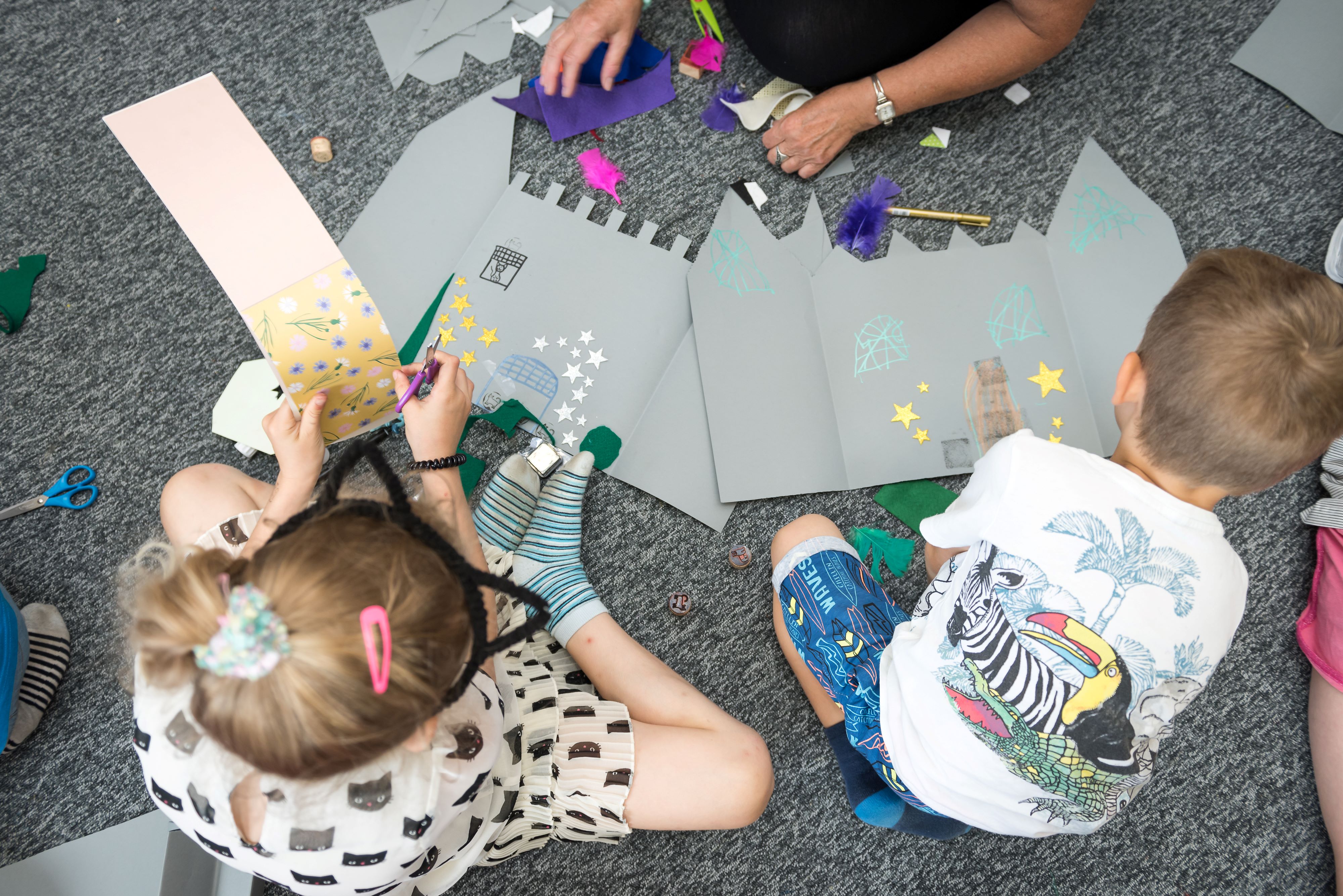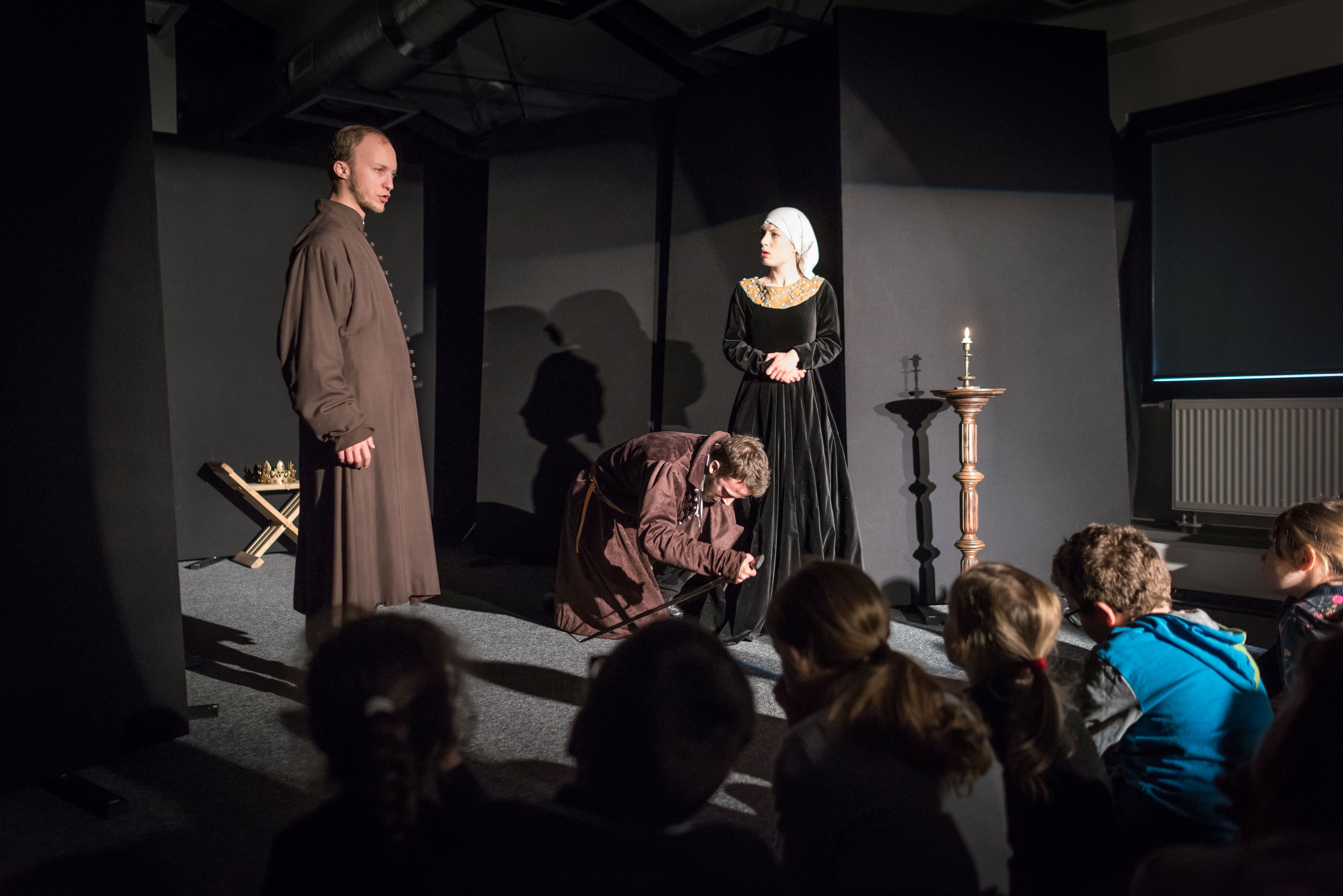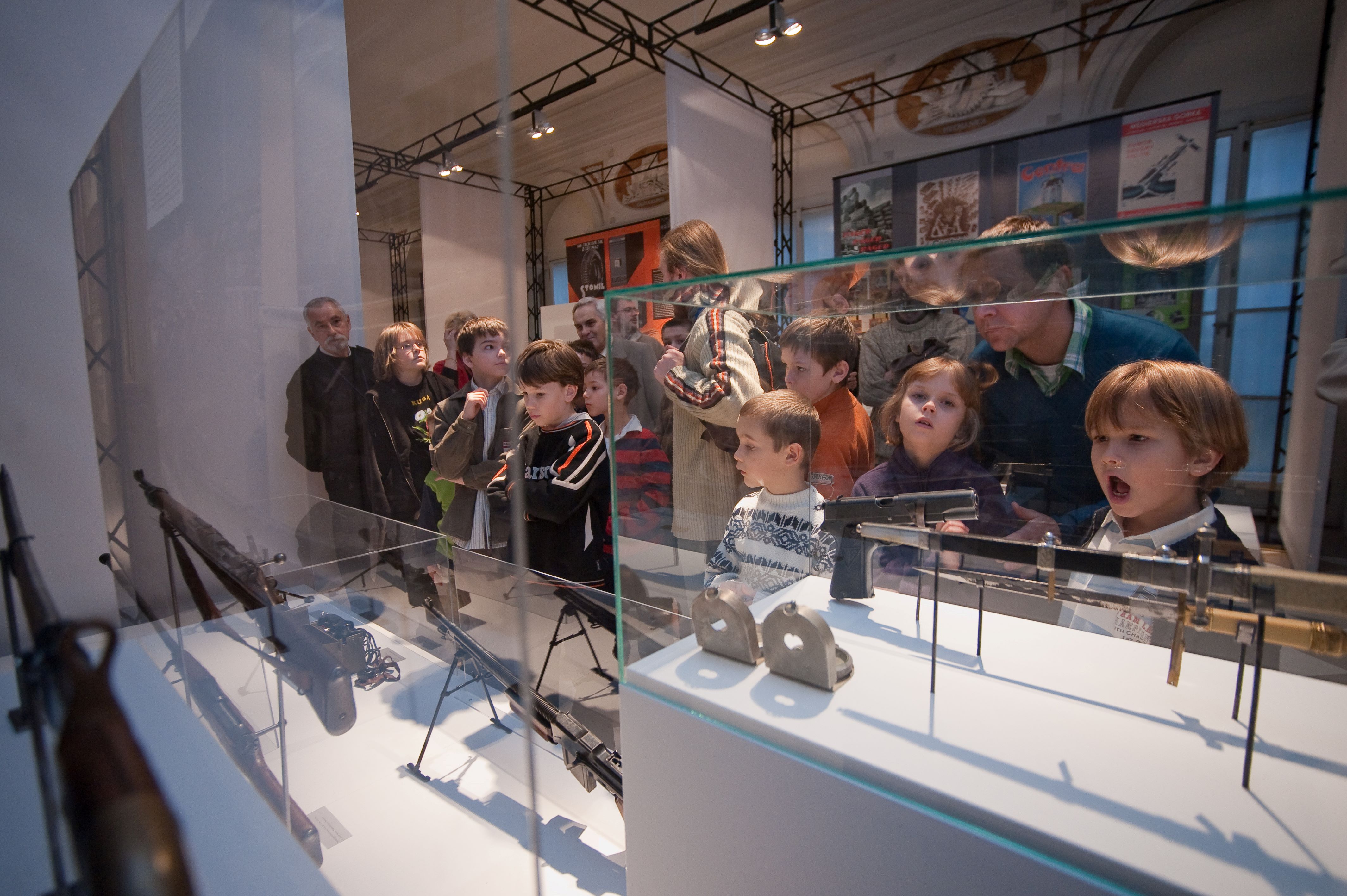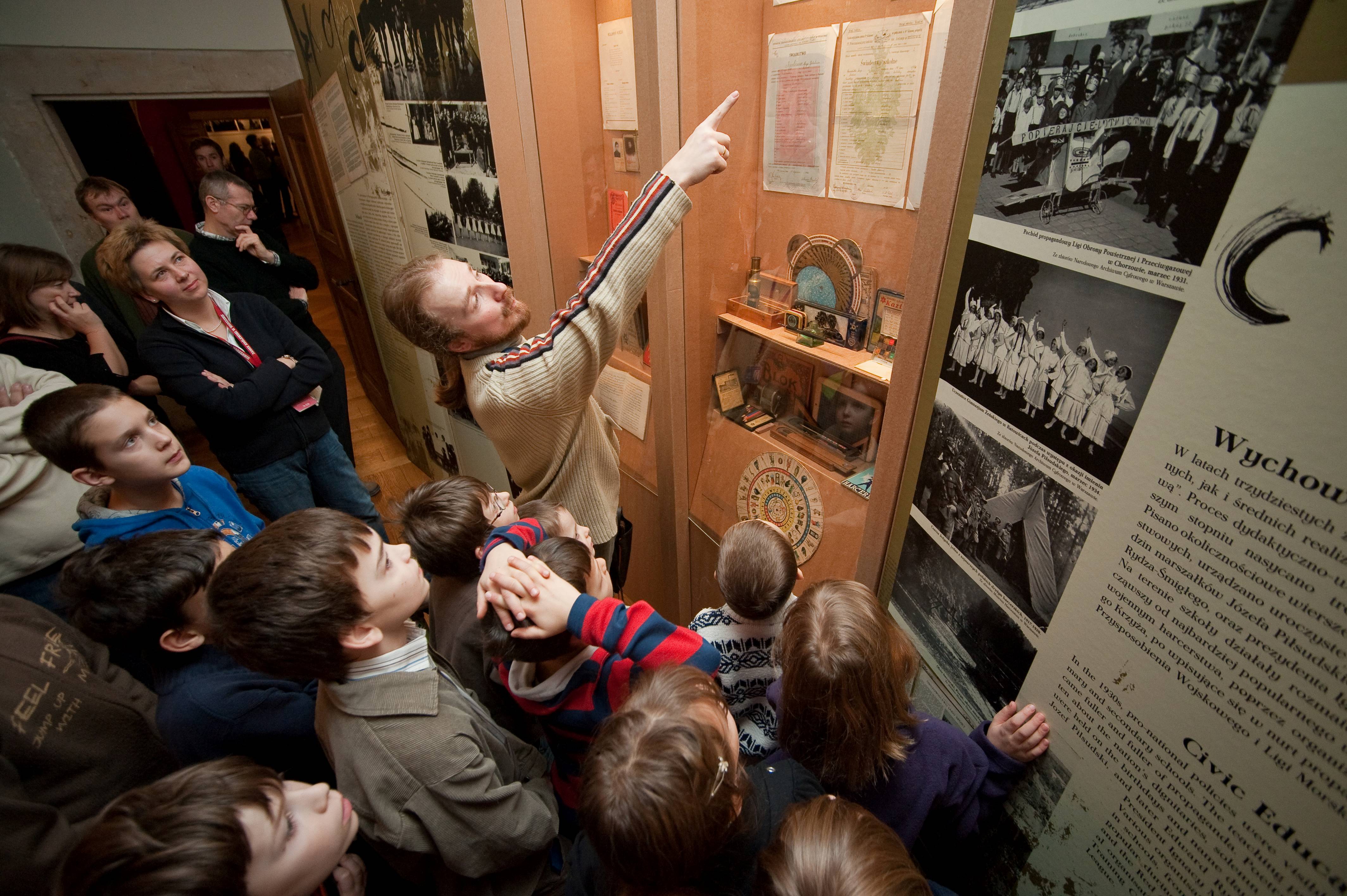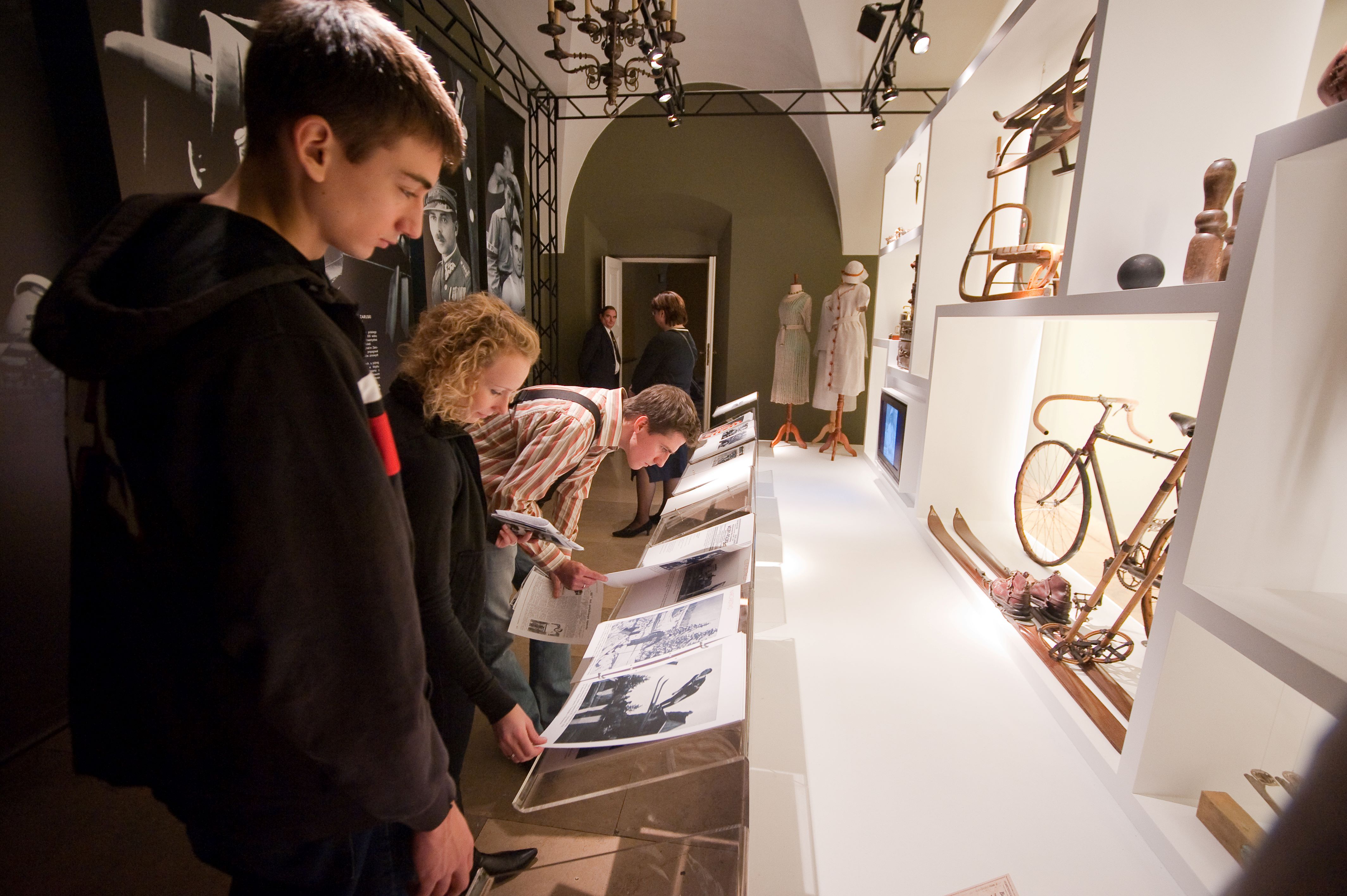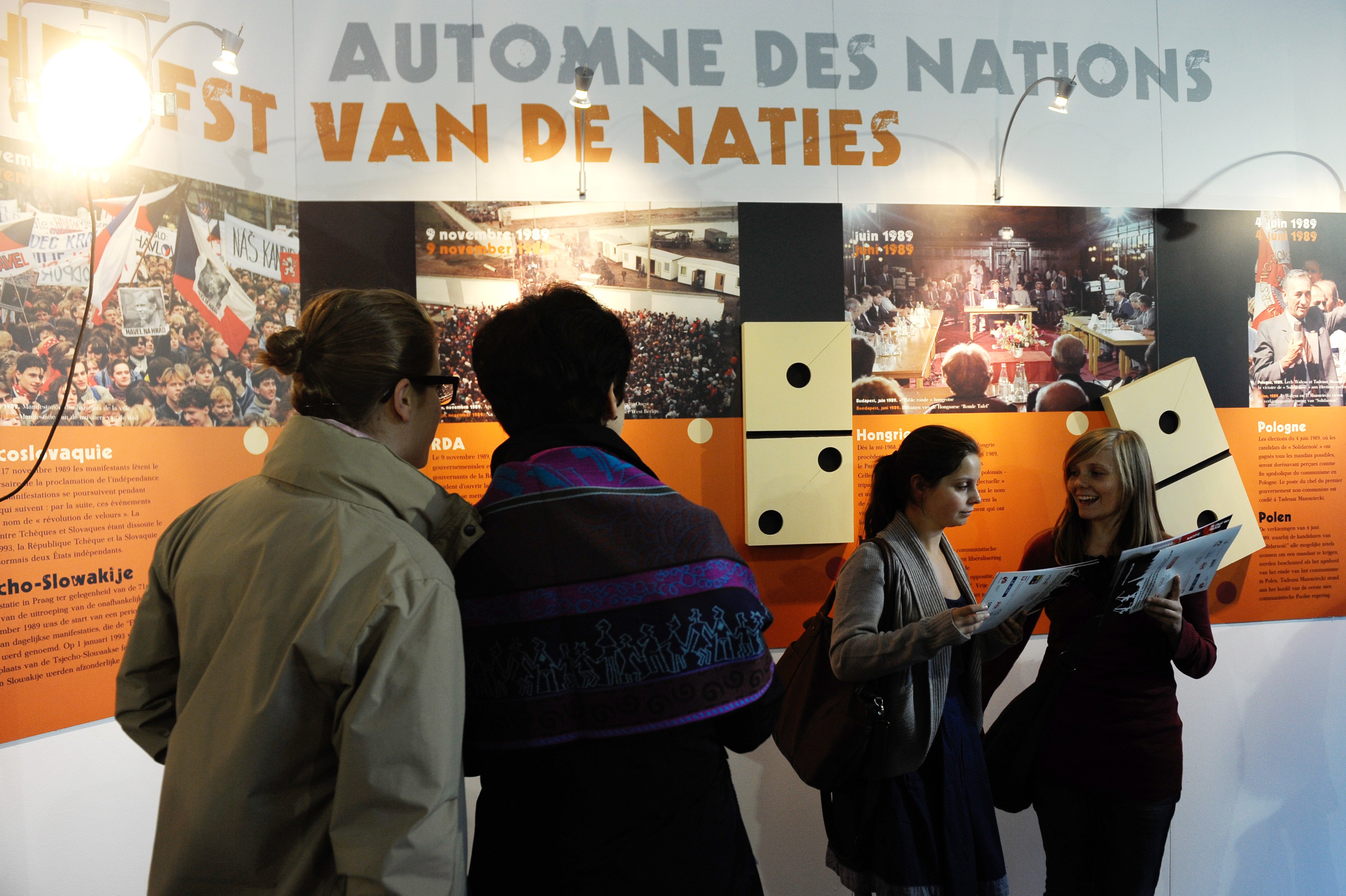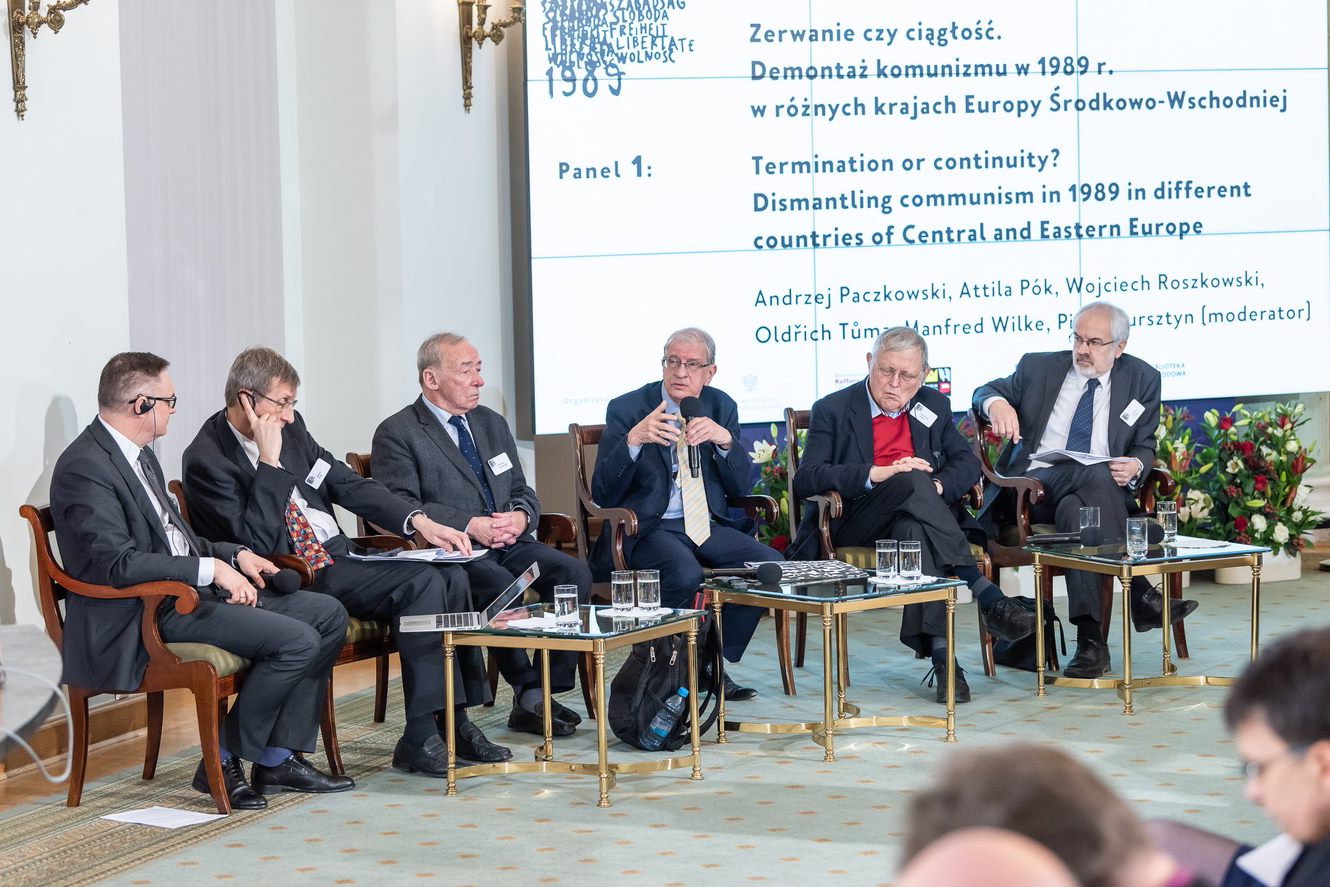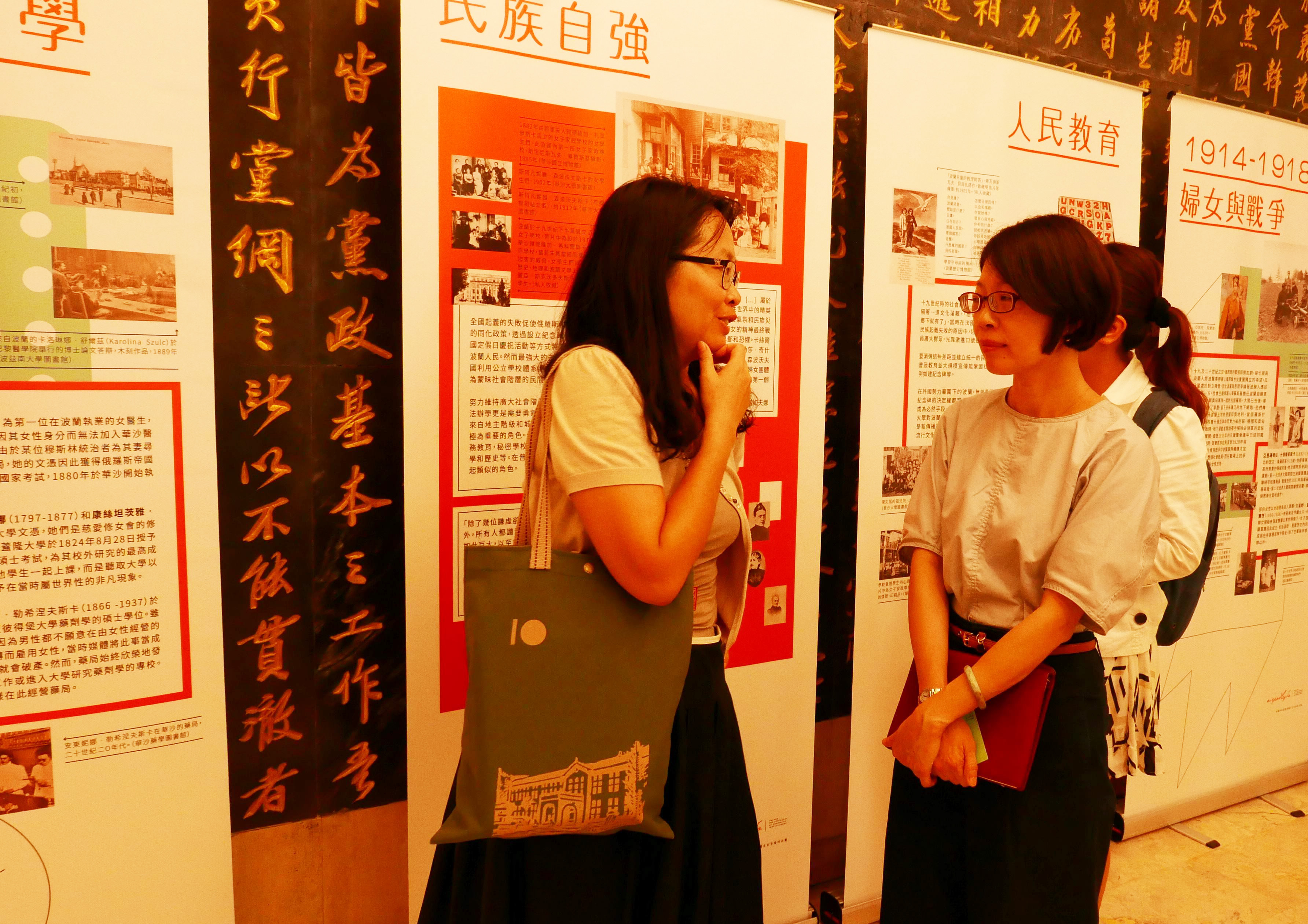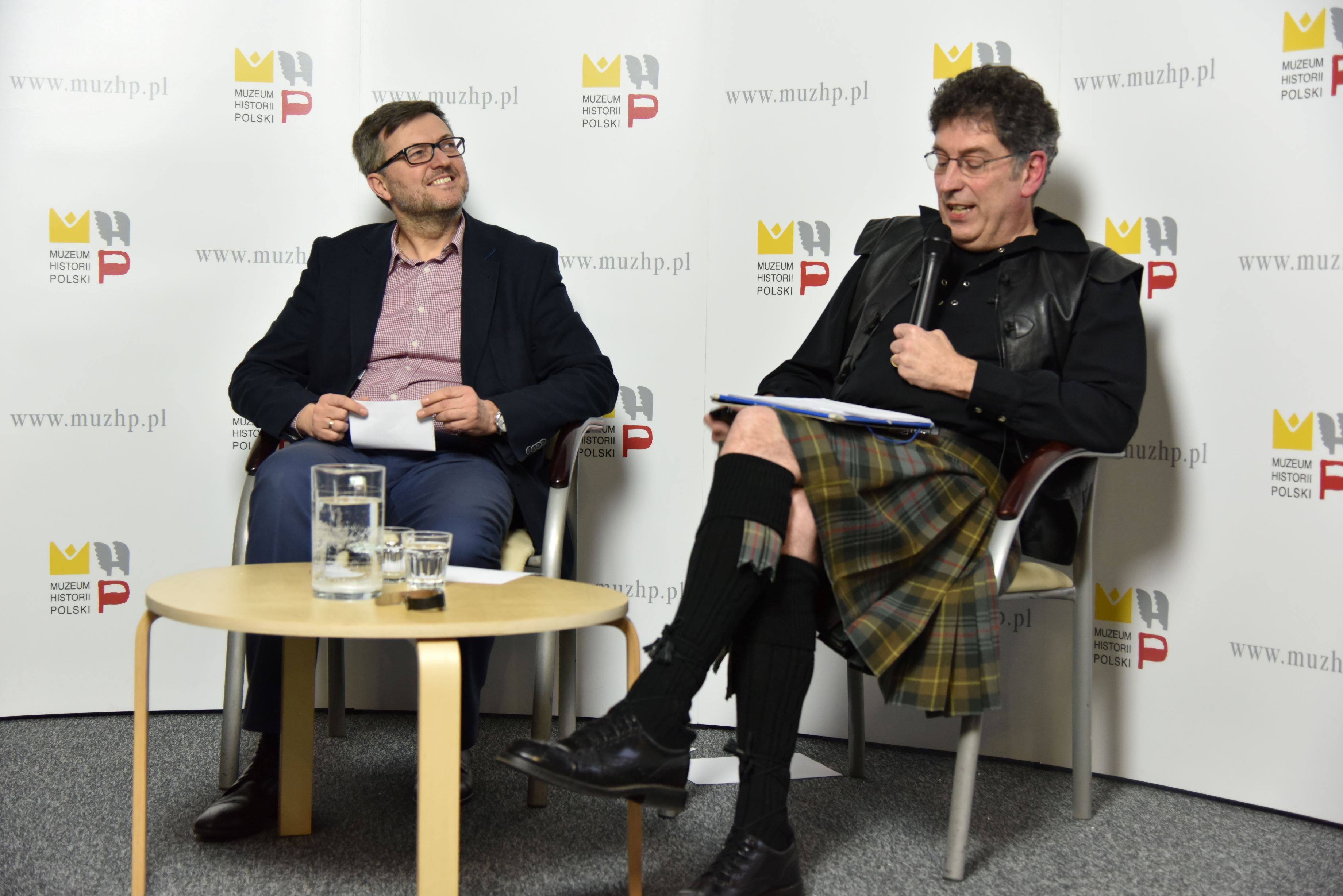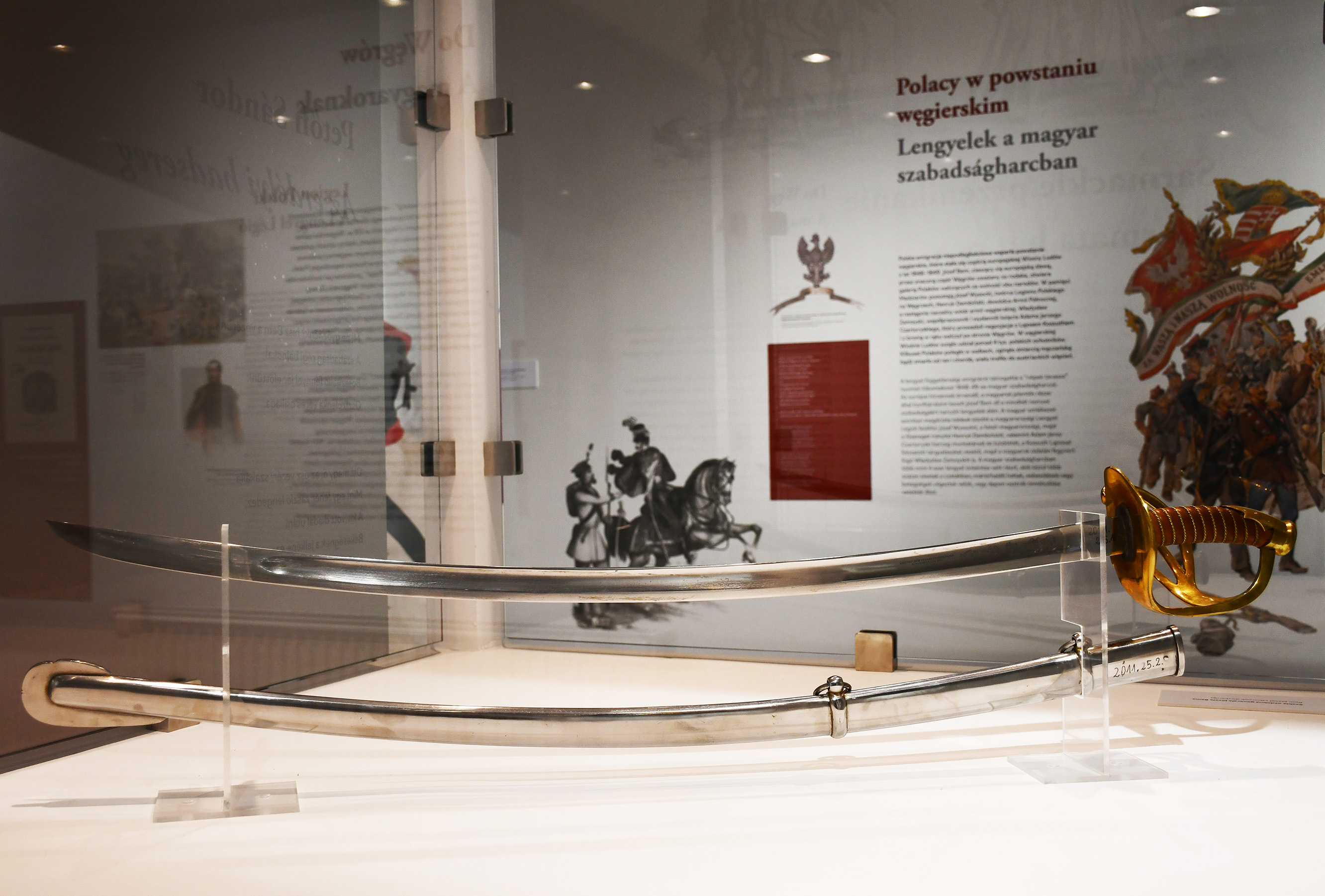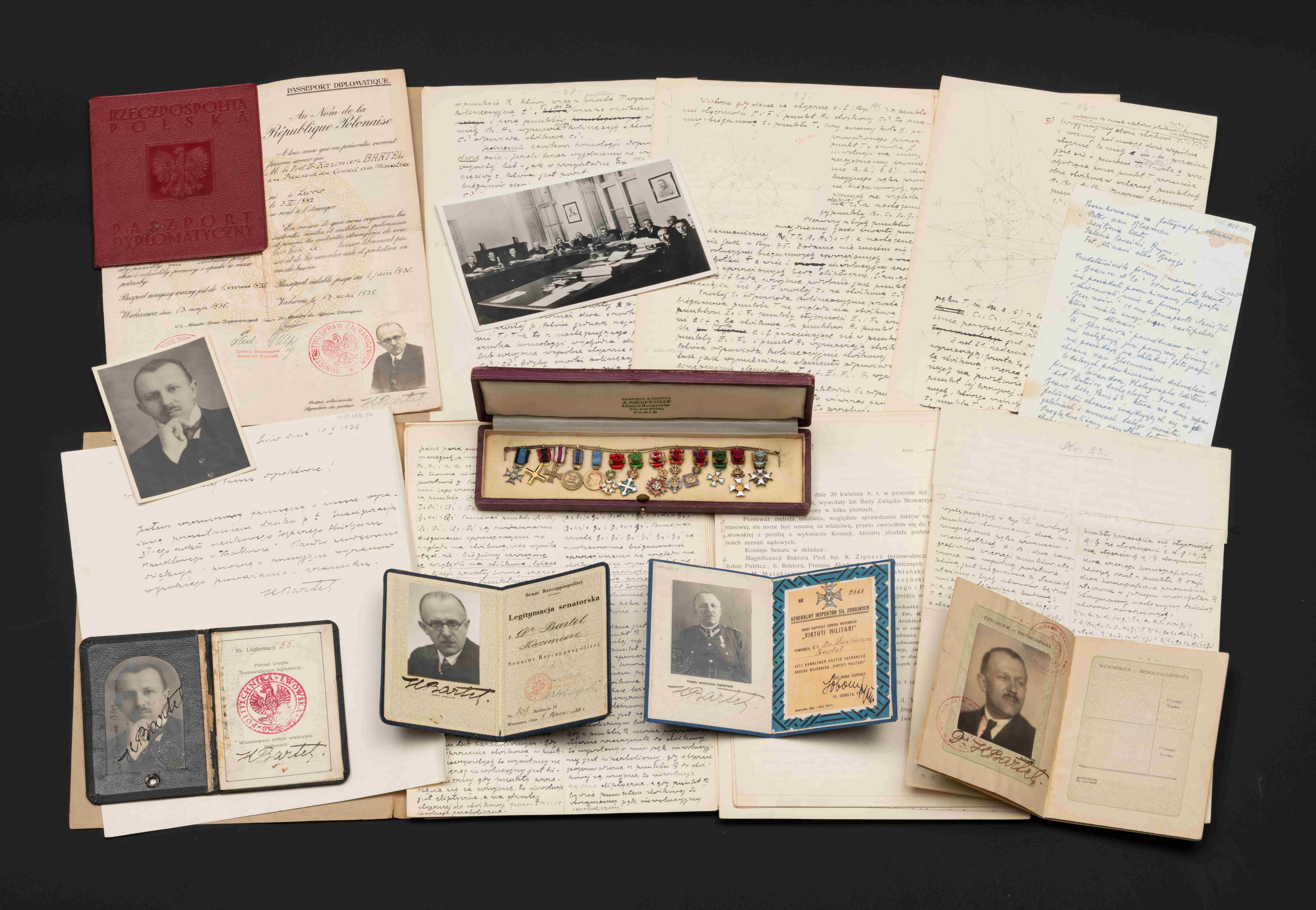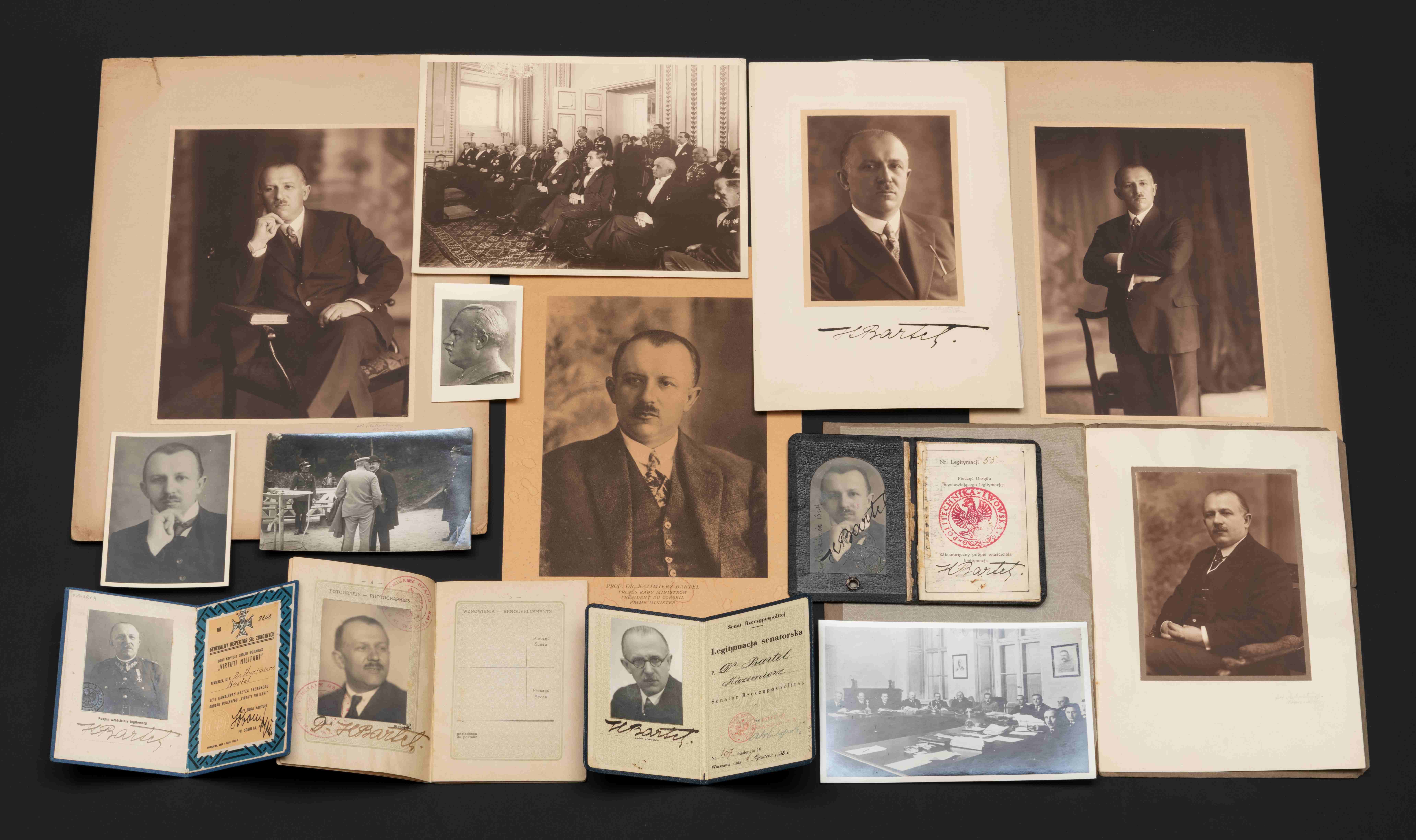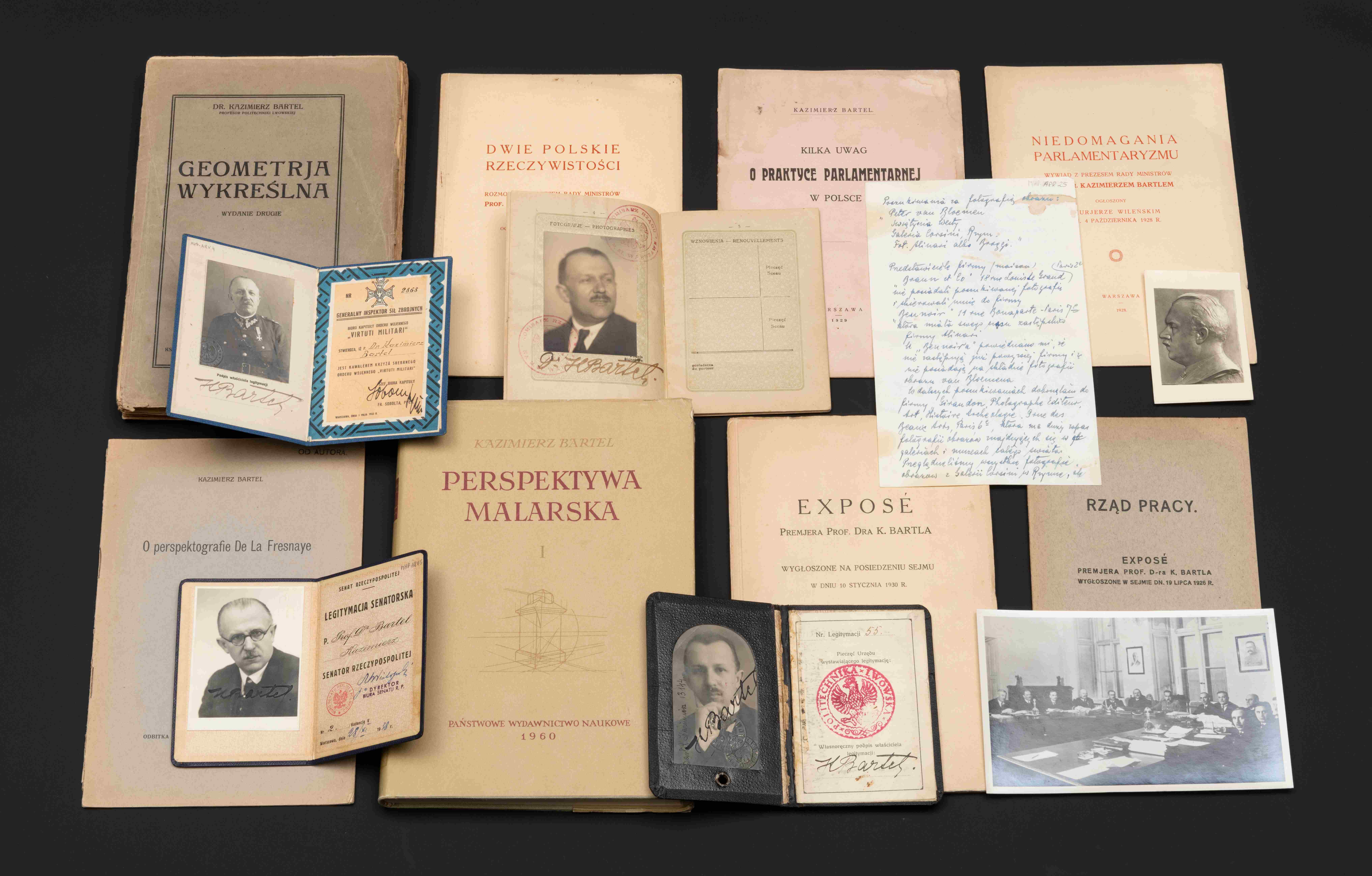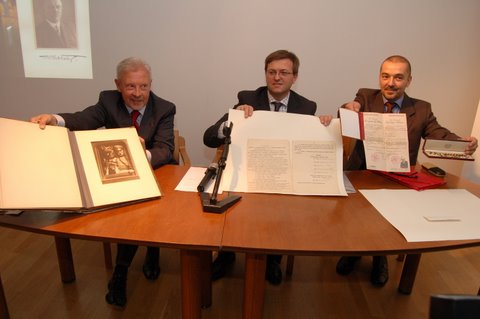About us
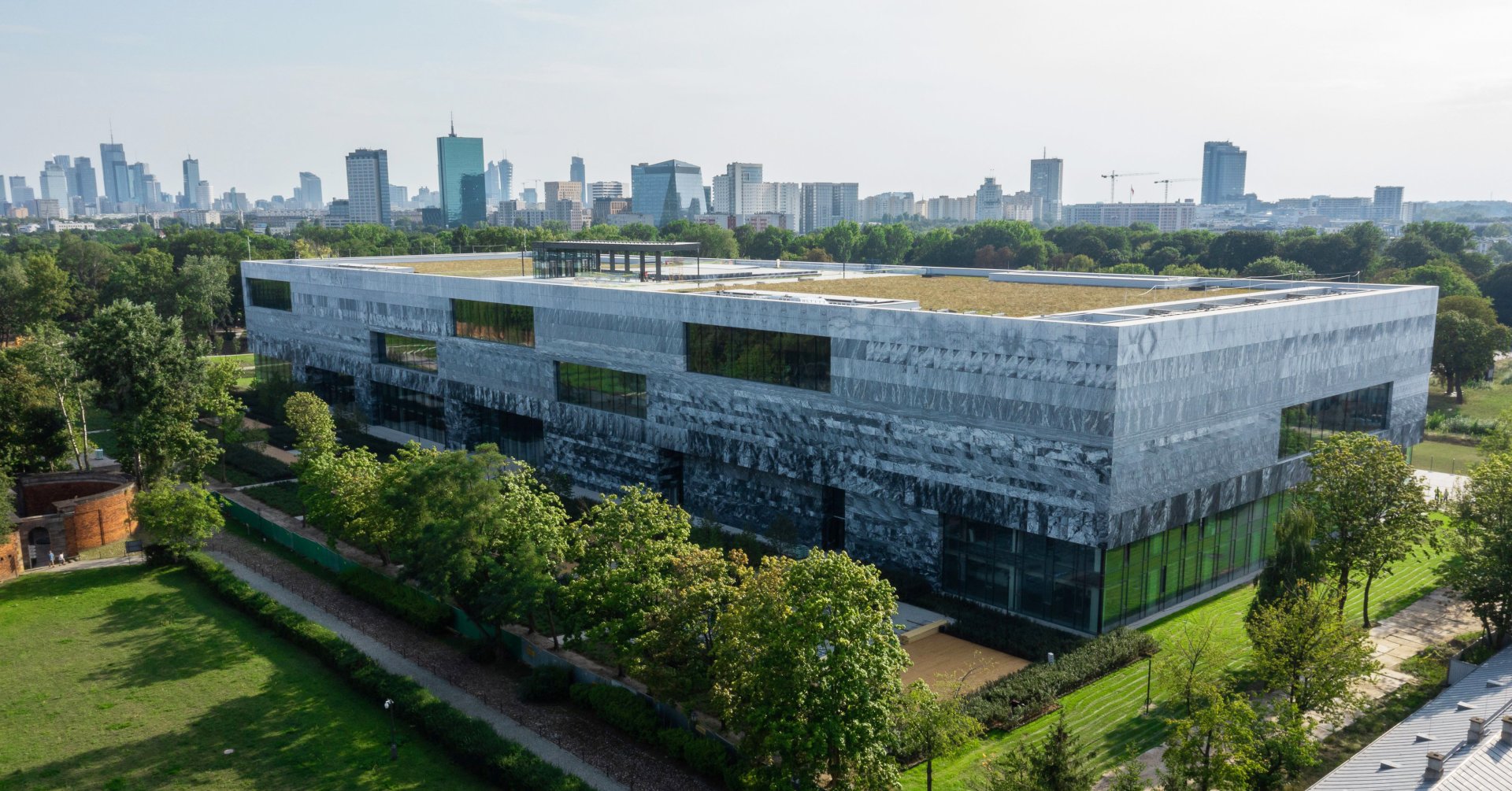
The Polish History Museum builds bridges between the past and the present. The PHM building opens already in September 2023.
Mission
The fundamental aspect of our activities are inspired by the tradition of freedom – the history of parliamentarism, of civic movements, of the persistent struggle for independence. This includes the phenomenon of the nobility-controlled Commonwealth, national uprisings, the history of the Solidarity movement, and the two-time restoration of the independent Republic of Poland in the 20th century.
Our aim is to create a community. By carrying out diverse exhibition, educational and scientific activities, we shape a modern patriotic sensibility. We contribute to the shaping of civic attitudes based on knowledge of tradition and openness to the world.
By presenting the key themes of the history of the Polish state and nation, we present an in-depth view of Polish history, whilst appreciating the role of memory in the contemporary world. Exceptionally important in this context is the commonality of Polish history with that of the nations that co-created the past Commonwealth.
The Polish History Museum collects historical memorabilia as well as documents, popularises and promotes Polish history. In doing so, it makes use of the latest research. It reaches for inspiring examples of Poland’s achievements and participates in debates on the difficult pages of Polish history.
The museum is active in shaping Poland’s international image. All of this is done in order to make the country’s history and culture comprehensible and attractive – both to Poles and foreigners. We fulfil our mission in an open way: we promote the widest possible accessibility of cultural heritage and scientific resources.
Our aim is to create a community. By carrying out diverse exhibition, educational and scientific activities, we shape a modern patriotic sensibility. We contribute to the shaping of civic attitudes based on knowledge of tradition and openness to the world.
By presenting the key themes of the history of the Polish state and nation, we present an in-depth view of Polish history, whilst appreciating the role of memory in the contemporary world. Exceptionally important in this context is the commonality of Polish history with that of the nations that co-created the past Commonwealth.
The Polish History Museum collects historical memorabilia as well as documents, popularises and promotes Polish history. In doing so, it makes use of the latest research. It reaches for inspiring examples of Poland’s achievements and participates in debates on the difficult pages of Polish history.
The museum is active in shaping Poland’s international image. All of this is done in order to make the country’s history and culture comprehensible and attractive – both to Poles and foreigners. We fulfil our mission in an open way: we promote the widest possible accessibility of cultural heritage and scientific resources.
Exhibition activities
The Polish History Museum has been preparing temporary exhibitions since its inception. These allow for a closer look at important and interesting historical events and processes, while simultaneously being the museum’s voice in current debates, both national and international. The openings of the PHM’s exhibitions have taken place not only in Poland, but also abroad: at the headquarters of the United Nations, at the European Parliament or the German Bundestag.
Permanent exhibitions prepared in cooperation with the PHM have been opened in the Netherlands and Hungary. The museum’s exhibition output includes several dozen displays presented in over a dozen countries around the world and visited by hundreds of thousands of visitors.
Permanent exhibitions prepared in cooperation with the PHM have been opened in the Netherlands and Hungary. The museum’s exhibition output includes several dozen displays presented in over a dozen countries around the world and visited by hundreds of thousands of visitors.
Educational activities
The museum’s educational activities have been rich and developed systematically since its inception. At their core are classes and workshops for various age groups. These include history-related contests and competitions, outdoor events, educational and location-based games, training for teachers, thematic websites, as well as publications for teachers and students.
Our educational activities are closely linked to those related to exhibitions, publishing and research. In order to reach as wide an audience as possible, we have been using new media and making educational materials freely available online for years. Much appreciated are numerous films produced by the Polish History Museum, for instance those devoted to soldiers serving under the command of General Stanisław Maczek or eminent personalities of culture, such as Józef Mackiewicz.
As regards historical education and popularisation of history, one of the biggest successes are podcasts developed by the Polish History Museum. Since 2020, they have already been heard by several million people, joined every week by tens of thousands of others.
Our educational activities are closely linked to those related to exhibitions, publishing and research. In order to reach as wide an audience as possible, we have been using new media and making educational materials freely available online for years. Much appreciated are numerous films produced by the Polish History Museum, for instance those devoted to soldiers serving under the command of General Stanisław Maczek or eminent personalities of culture, such as Józef Mackiewicz.
As regards historical education and popularisation of history, one of the biggest successes are podcasts developed by the Polish History Museum. Since 2020, they have already been heard by several million people, joined every week by tens of thousands of others.
Photo Gallery
Publishing
and research activities
The museum has produced over 100 publications to date. Our books have been repeatedly appreciated for their factual, technical and aesthetic qualities. They have received, among others, the Professor Jerzy Skowronek Award, the Award of the Association of Applied Arts Creators, the KLIO Award in the editorial category, the Sybilla Award, the Identitas Award, or the Oskar Halecki Award. The PHM’s publications are valued by professionals and enthusiasts of Polish history.
We initiate research programmes and carry them out in cooperation with academic centres in Poland and abroad. These programmes are linked to the creation of the PHM’s permanent exhibition as well as its temporary ones. We participate in discussions on Polish history and historical memory, co-creating a space for meetings between historians and representatives of other fields of science and culture. The museum’s contribution to the development of historical sciences also includes the creation of publicly accessible research tools – the BazHum bibliographic and full-text content database of humanist journals.
We initiate research programmes and carry them out in cooperation with academic centres in Poland and abroad. These programmes are linked to the creation of the PHM’s permanent exhibition as well as its temporary ones. We participate in discussions on Polish history and historical memory, co-creating a space for meetings between historians and representatives of other fields of science and culture. The museum’s contribution to the development of historical sciences also includes the creation of publicly accessible research tools – the BazHum bibliographic and full-text content database of humanist journals.
Photo Gallery
The Polish History Museum’s collections: the founding gift
The Polish History Museum began building its collections upon the start of its operation in 2006, the ‘founding gift’ being a set of memorabilia related to the prewar Prime Minister Kazimierz Bartel. We received them in 2007 from his daughter Cecylia Bartel and the gift includes such items as distinctions, personal documents and the typed text of The Principles of Descriptive Geometry (Polish orig. Zasady geometrii wykreślnej). We also received prison kites (letters) from the time of the German occupation written by Kazimierz Bartel just before his death in 1941.
The gift combines aspects of state history with personal microhistory, understood as a story about the life of a specific person. This is a perfect reflection of the nature of our collections since as a museum we have set for ourselves the goal of documenting the history of Poland and Poles both in the perspective of ‘big politics’ and social, local or family history. All such histories remain inextricably intertwined, together making up our Polish history.
The gift combines aspects of state history with personal microhistory, understood as a story about the life of a specific person. This is a perfect reflection of the nature of our collections since as a museum we have set for ourselves the goal of documenting the history of Poland and Poles both in the perspective of ‘big politics’ and social, local or family history. All such histories remain inextricably intertwined, together making up our Polish history.
Learn more
Annual report 2022
(pdf
12.38 MB)
Download
Annual Report 2021
(pdf
23.01 MB)
Download
Annual report 2020
(pdf
24.76 MB)
Download
Annual report 2019
(pdf
21.81 MB)
Download
Annual report 2018
(pdf
15.17 MB)
Download
Annual report 2017
(pdf
11.94 MB)
Download
Annual report 2016
(pdf
4.67 MB)
Download
Annual report 2015
(pdf
11.97 MB)
Download
Annual report 2014
(pdf
6.42 MB)
Download
Annual report 2013
(pdf
2.86 MB)
Download
Annual report 2012
(pdf
5.29 MB)
Download
Annual report 2011
(pdf
8.62 MB)
Download
Annual report 2010
(pdf
7.31 MB)
Download
Annual report 2009
(pdf
7.93 MB)
Download
Annual report 2008
(pdf
7.29 MB)
Download
Annual report 2007
(pdf
5.76 MB)
Download
Annual report 2006
(pdf
4.11 MB)
Download
